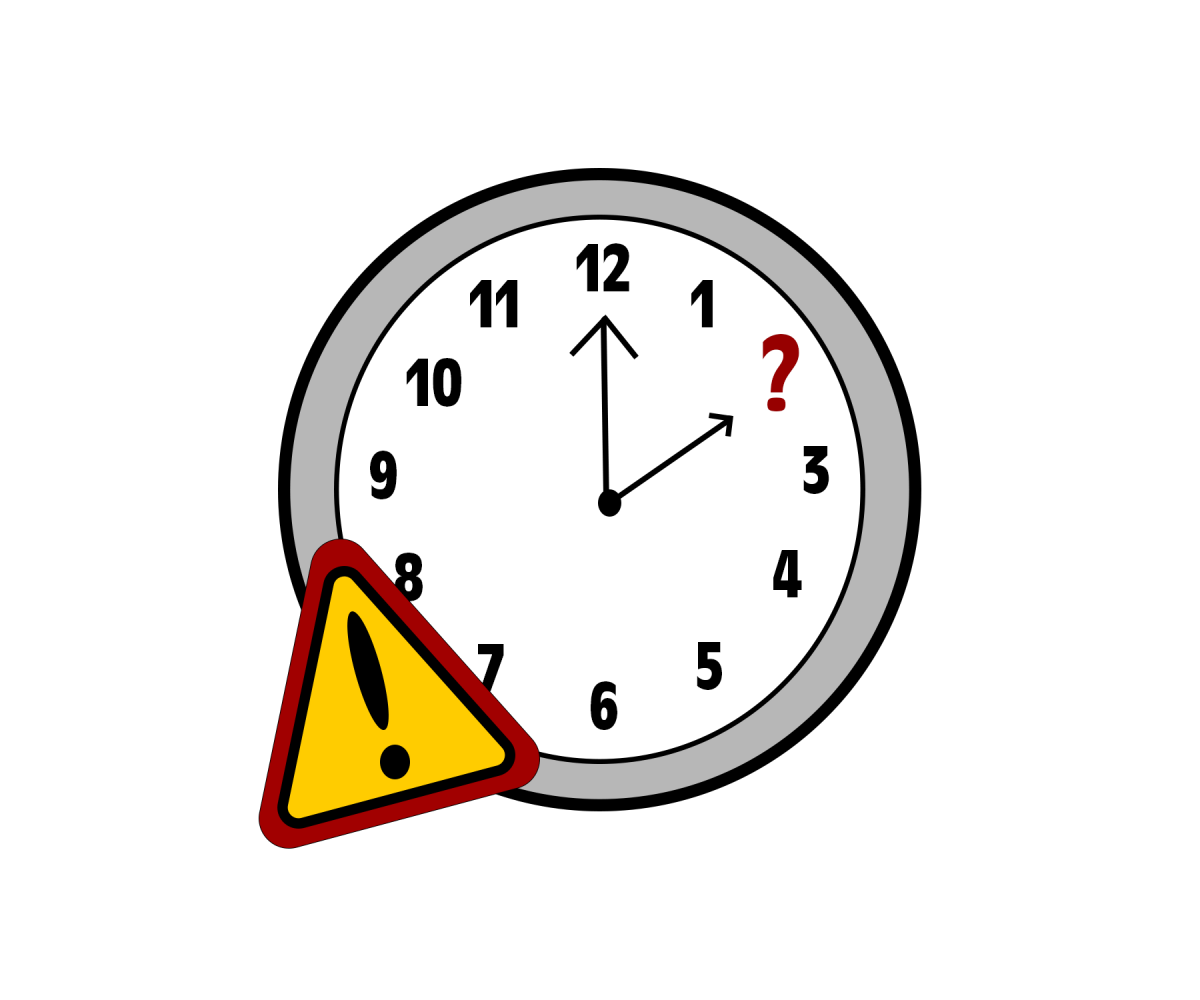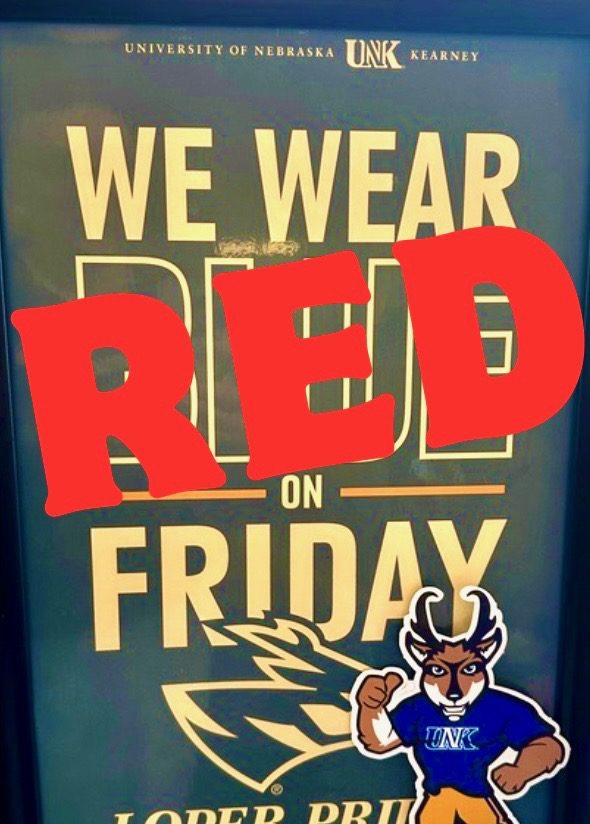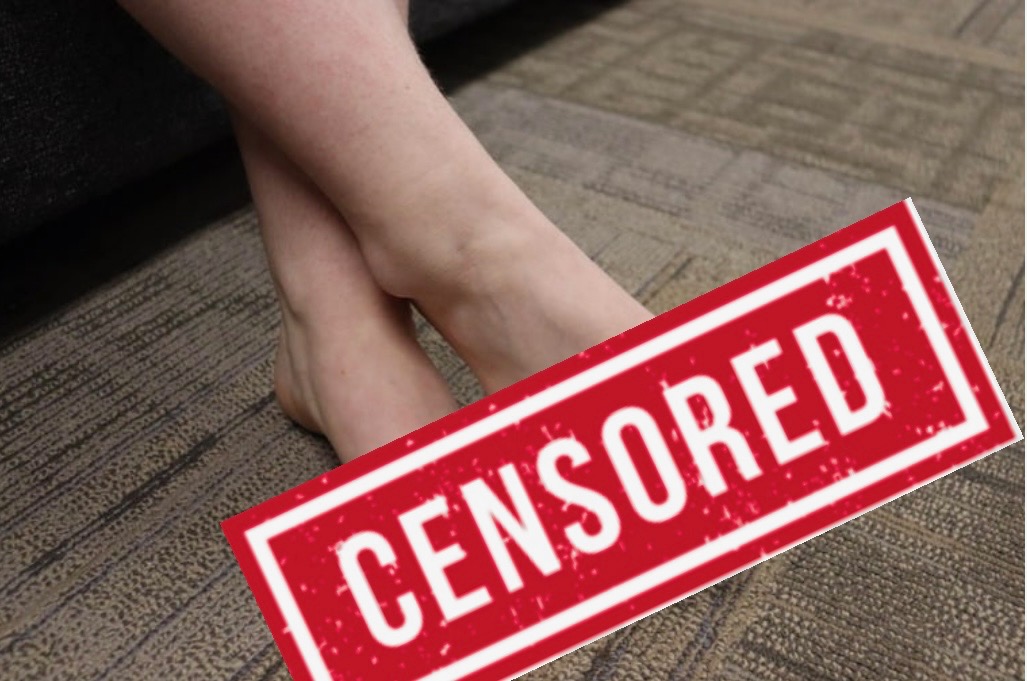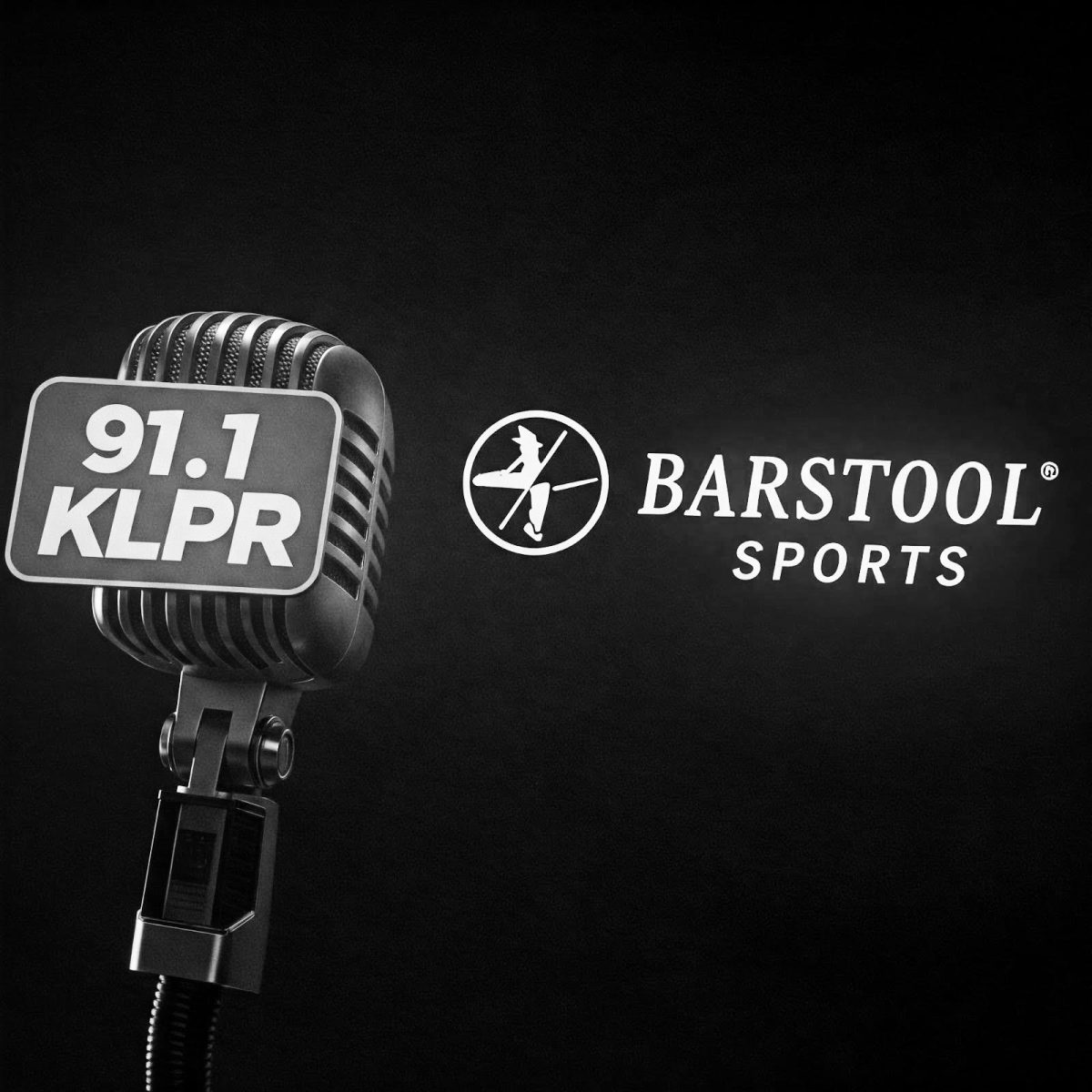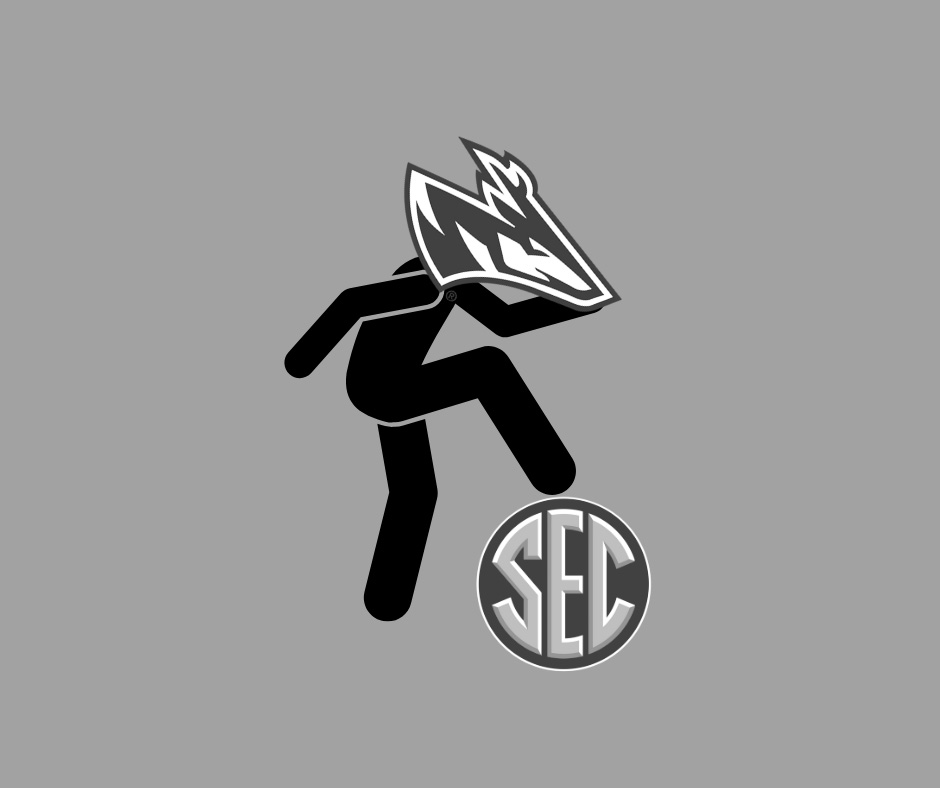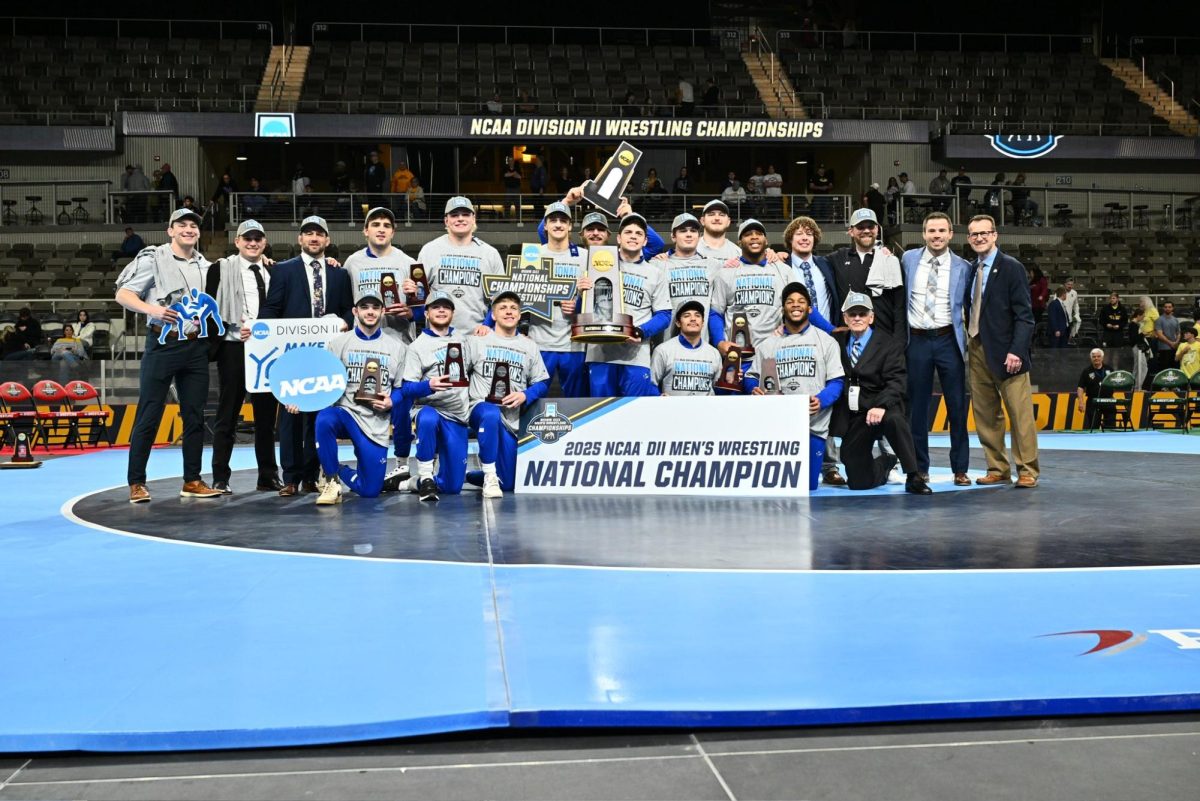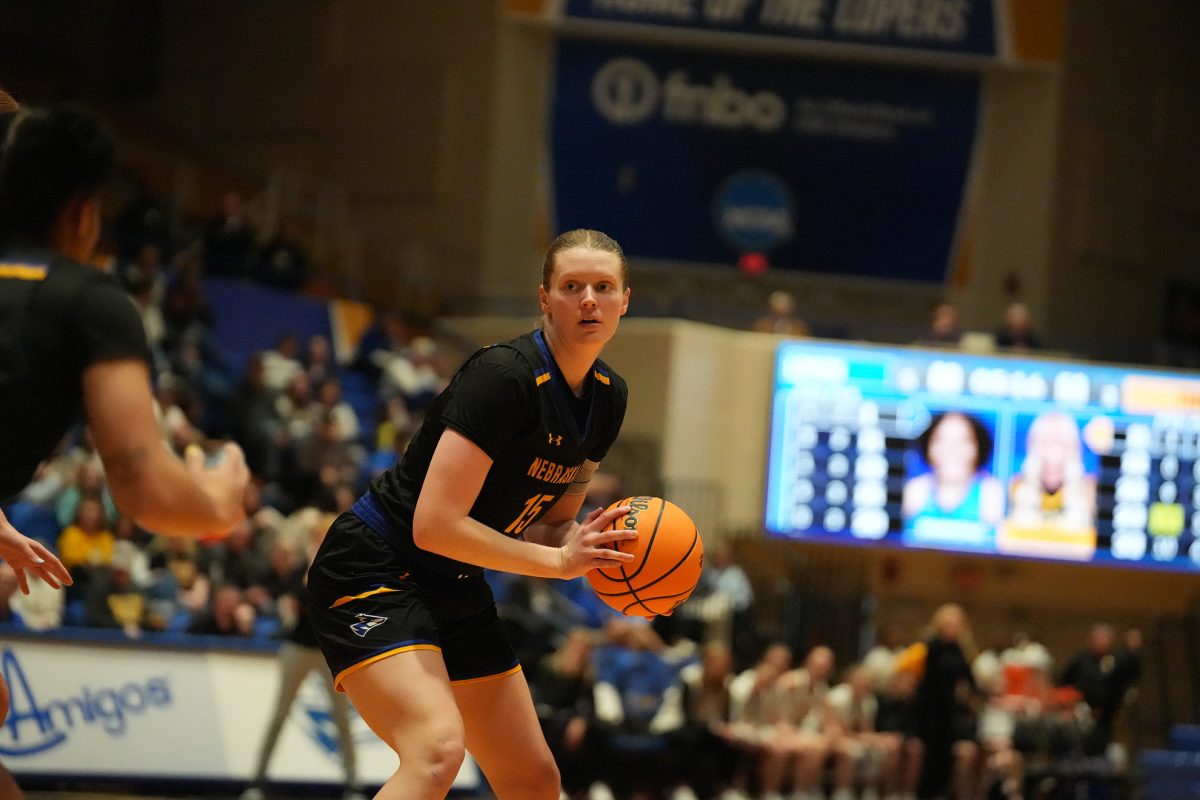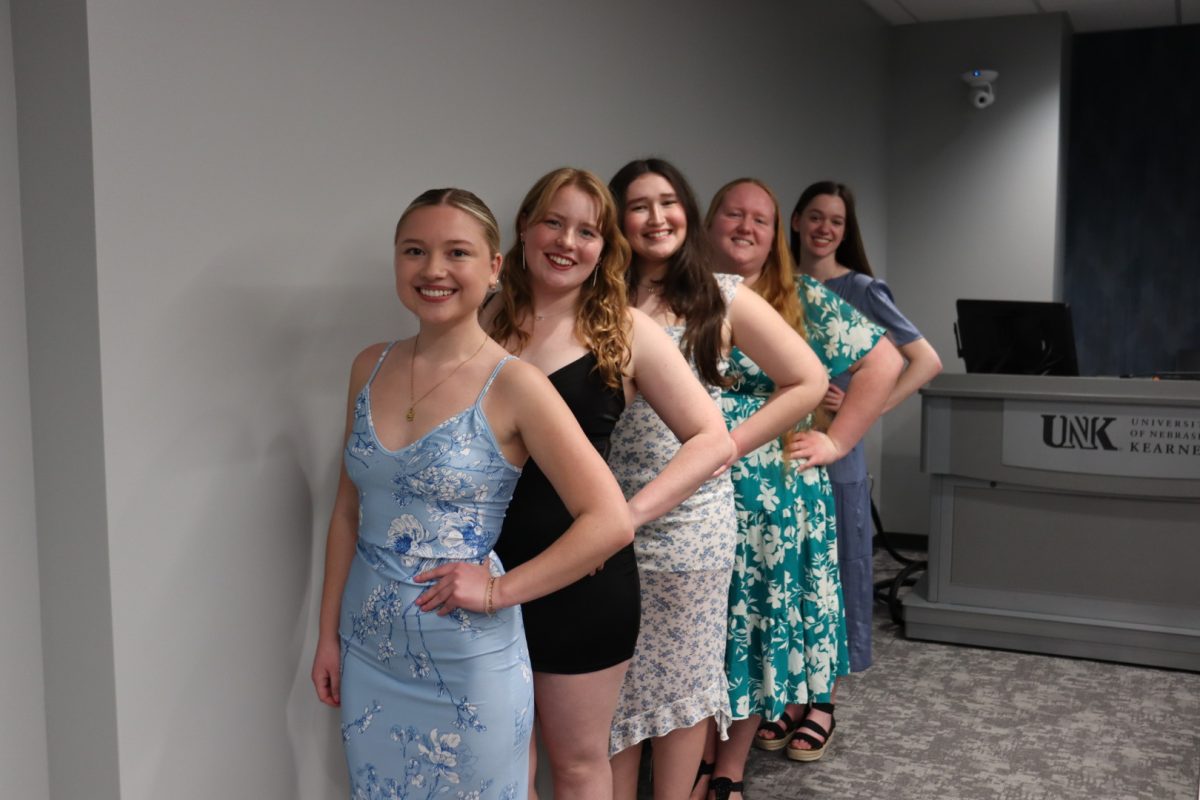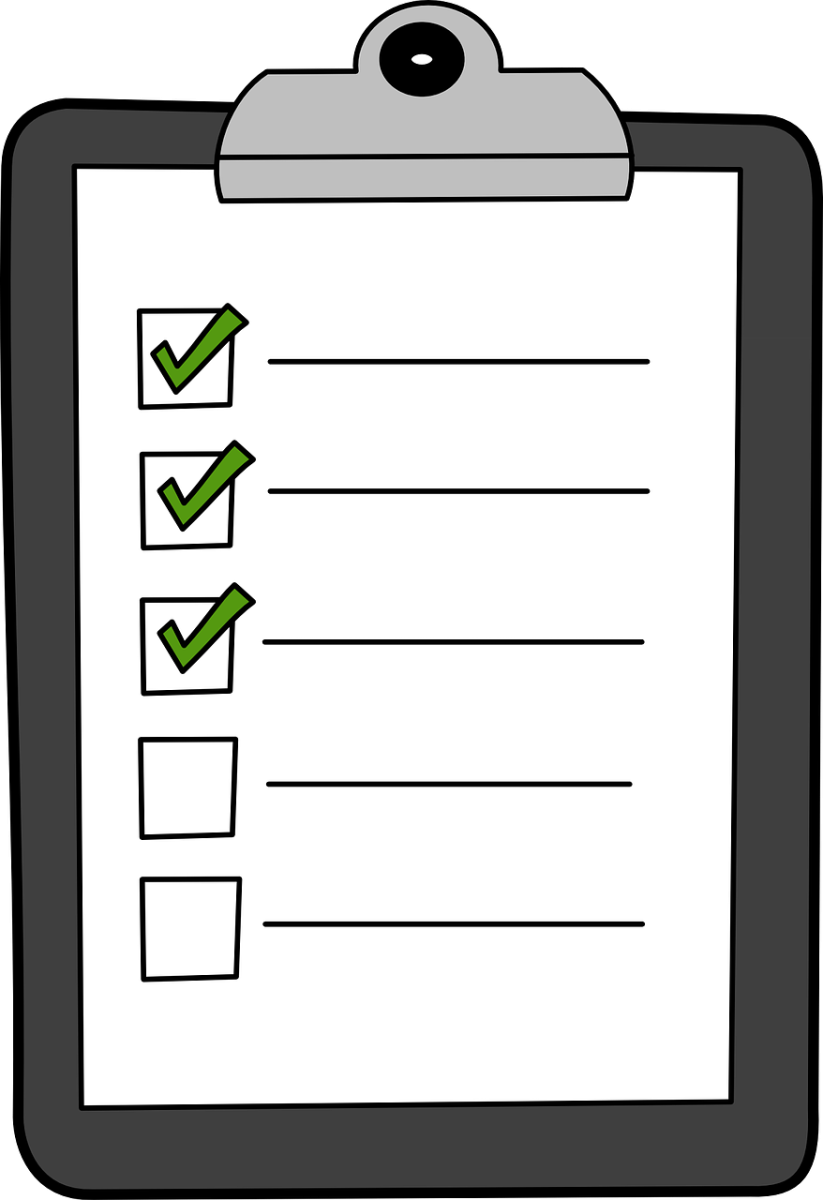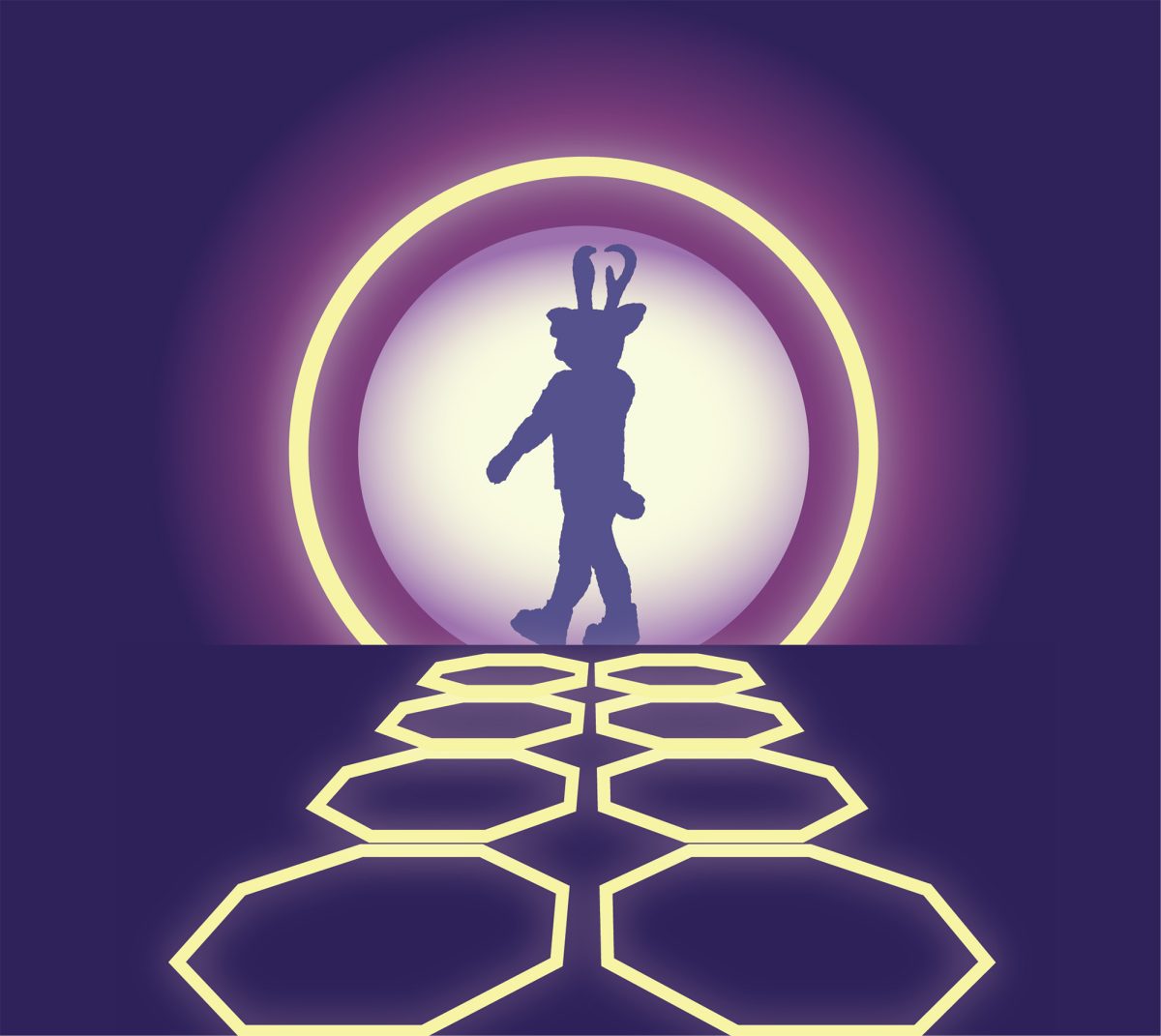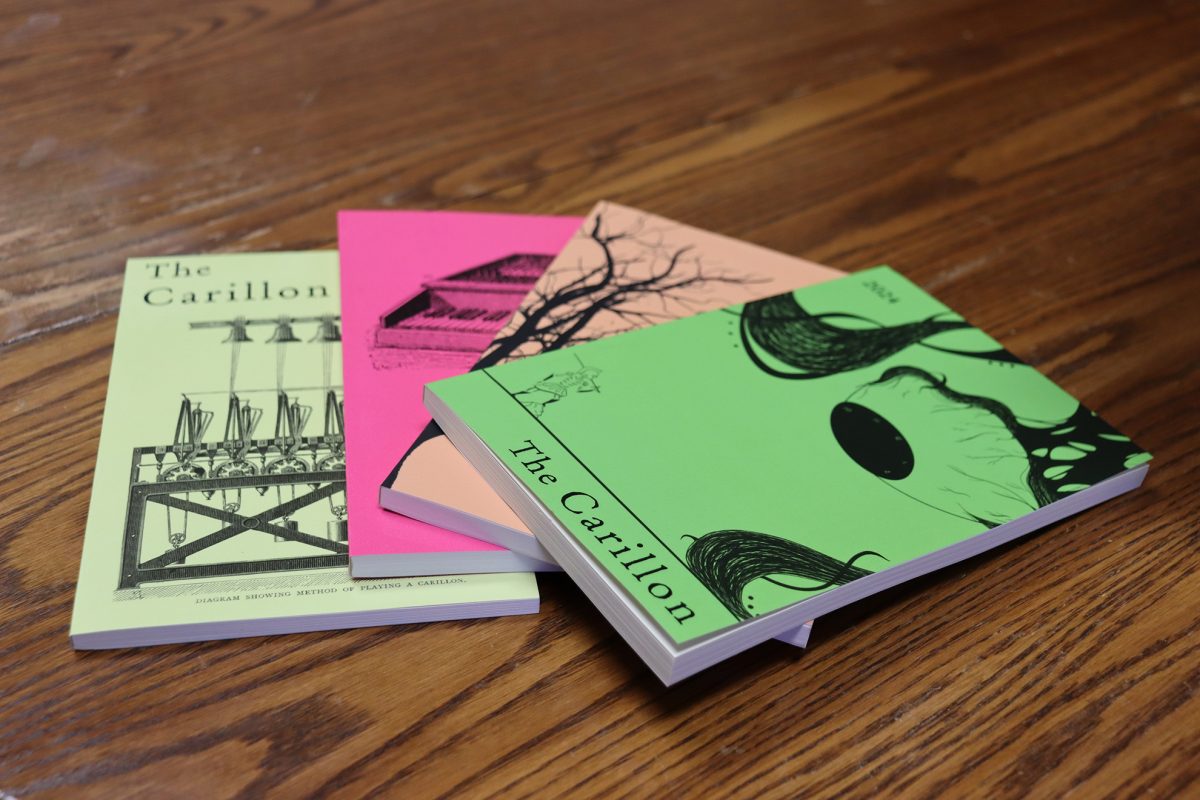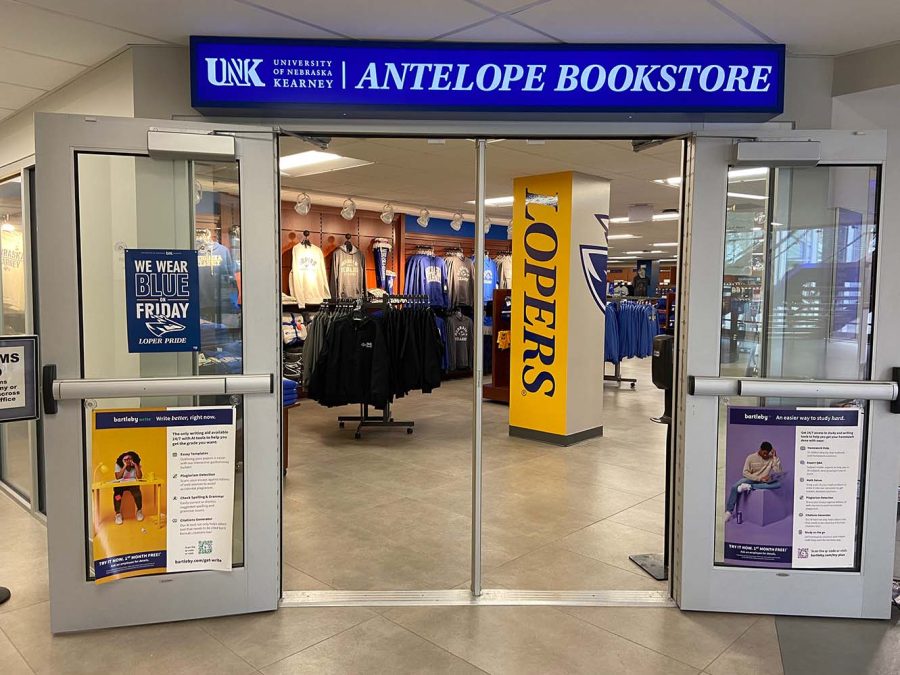schwabk2@lopers.unk.edu
UNK Student Government discussed the Antelope Bookstore in the Nebraskan Student Union at their weekly meeting last Tuesday.
The meeting discussed different models of operation for the bookstore.
“We’ve been working with three different vendors looking at various models that they’ve been providing,” said Michael Christen, the Director of Business service. “There’s a very big push towards going digital. We still state that our students value a physical book but we want to know exactly how valuable that physical format is.”
Christen is looking to see if different book formats are more beneficial for specific students.
“We want to know if there are certain courses where a physical book is better,” Christen said. “Or if it’s just general studies courses when students prefer physical books or even if it’s different from major to major.”
The student body government discussed what they valued in both digital and physical formats.
“In education, being all-digital is perfectly okay with me,” said one student. “I feel like all of my classes would be fine with only digital format books. The only one I would need a physical book in would be math, I think that would be better for that kind of content.”
Other members of the student body government agreed that a physical book can be more convenient at times.
“I like to have a book if I’m going to be using it every single day, especially in my biology courses,” said another student. “If I’m reaching for the same book over and over, it would be easier to have a physical book rather than a digital one.”
Ultimately, there is one defining factor for students when it comes to format preferences.
“When I’m looking for a book, I’m going to buy what’s cheapest,” said a student. “If that’s digital, physical, or from the bookstore on campus or other providers.”
An average student at UNK pays around $500 for books each semester if they purchase through the Antelope Bookstore, according to Christen. If it is decided to go with an online provider, the cost to rent or purchase used and new books would decrease.
“With the models we’ve been receiving from the different providers, we’ve been seeing an average of $15 to $30 per credit hour for digital materials,” Christen said. “This would be a total of $45 to $90 per class for textbooks. This cost would be included in the fee for the course.”
The student body government expressed their concern for students who decide to purchase their textbooks elsewhere.
“Some providers are saying that this will be offered course by course, others are saying the students have to either opt-in or out entirely,” Christen said. “It is federal law that we have an opt-out option if we decide to implement this program. There will be a choice for students to decide what is best for them.”


